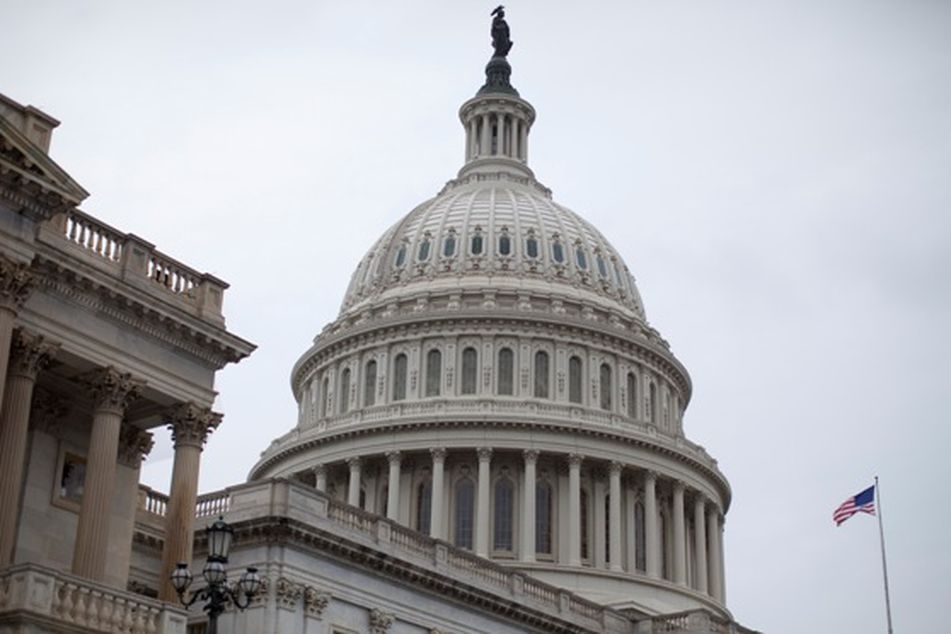Market on looming federal shutdown: Zzzzz

Closure could go on for a while and 'nobody will care'; lack of economic data could be nettlesome for reps, however
The financial markets so far have shrugged off the threat of a government shutdown. Unless a closure goes on for several weeks, don’t expect any change to that ho-hum reaction.
“Right now, it still depends on the extent and duration of an actual shutdown, but the general idea is, if it seems like everybody is being taken care of and if they only do it at a week at a time and have to extend it, it probably doesn’t do much to the markets,” said Doug Roberts, chief investment strategist at the Channel Capital Research Institute LLC, which specializes in Federal Reserve and central-banking policy analysis.
A shutdown of parts of the federal government could come as early as this weekend if Congress fails to find some middle ground in the debate over the federal budget.
According to Mr. Roberts, however, the fact that both Republicans and Democrats are making efforts to protect as many people as possible in the event of a shutdown effectively has dampened the impact on the financial markets.
“This is political theater, and both parties need to keep their base happy,” he said. “But I think as long as it continues to evolve the way it is going, and doesn’t last too long, an actual shutdown could go on for a while and nobody will care.”
Of course, while the markets might not be jarred as long as the police keep working and mail is getting delivered, a shutdown would cause some subtle disruptions in the financial services space.
“The markets are OK with a shutdown, but some of the collection and reporting of economic data from the government will be delayed as a result,” said John Canally, economist and investment strategist at LPL Financial Holdings Inc.
Mr. Canally said the 12,000 LPL reps, which are responsible for 4 million client accounts, could be hampered by a lapse in the flow of standard economic data.
“With a government shutdown, we’ll lose clarity in terms of making investment decisions based on the economy,” he said. “You never want to be flying blind, but especially not now with so much going on around the world.”
Mr. Canally added that the biggest challenge facing the financial markets is not the near-term threat of a shutdown but the issue of the government debt ceiling, on which a decision needs to be made by May 16.
“Right now, the market is OK with a shutdown, but the market is not yet pricing in the risk of them not raising the debt ceiling,” he said. “The U.S. has reached its credit limit and on May 16, the Treasury will need to be able to borrow again to service the debt.”
And if that’s not enough to worry about, Mr. Canally said investors eventually will have to look out to 2013 and what will likely involve a serious effort to balance the federal budget for the first time since 2000.
“The shutdown is probably a short-term non-event, but the debt ceiling issue is a bigger problem that could be resolved if the people in Congress start to act like grown-ups,” he said. “But the long-term issue, which should be the main topic of the 2012 presidential election, is balancing the budget, which would be good for the markets but would also involve spending cuts and higher taxes.”
Learn more about reprints and licensing for this article.








